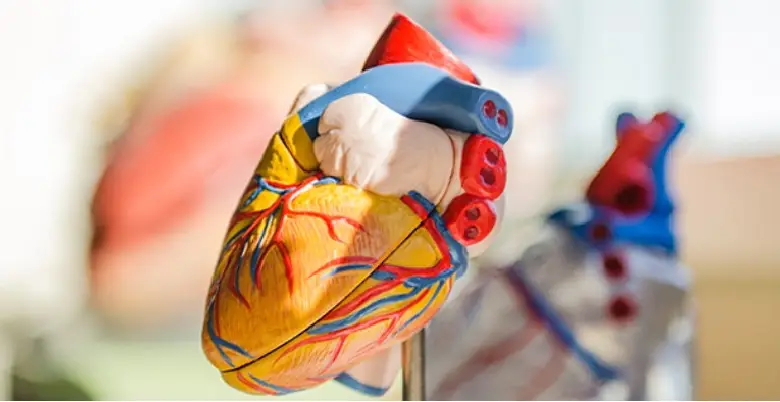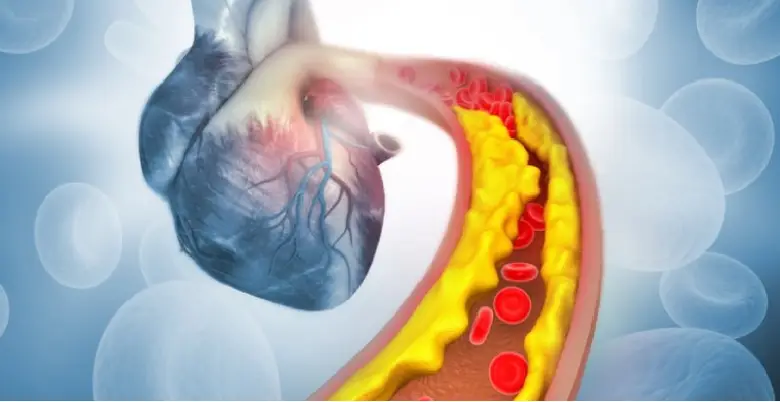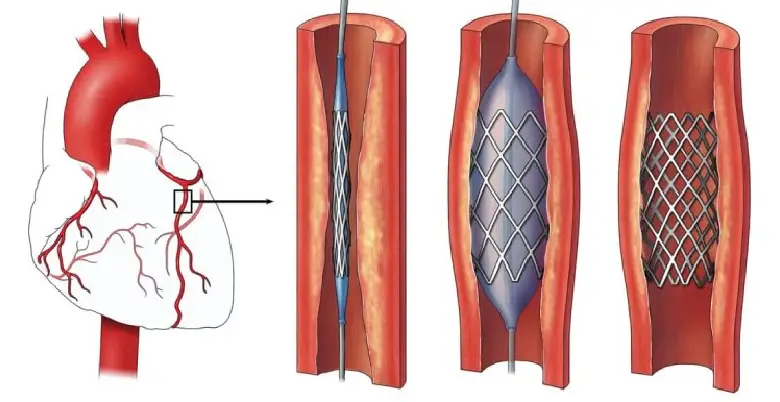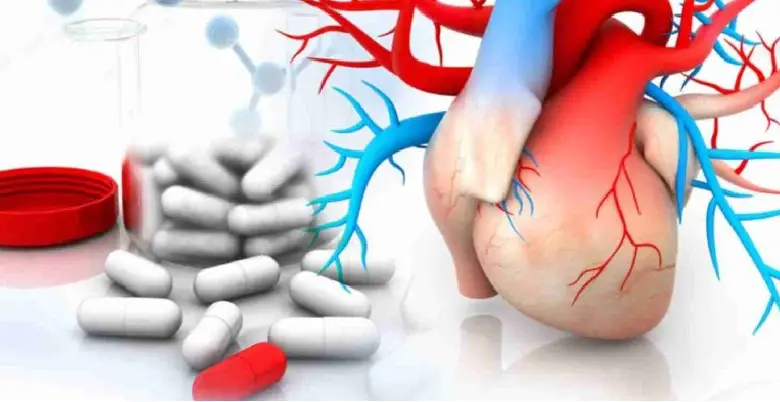Blockages in the coronary arteries, which provide oxygenated blood to the heart muscle, are the medical term for a condition known as coronary artery disease (CAD). In extreme situations of heart blockage, surgical techniques like angioplasty and bypass surgery are often utilised.

Nevertheless, there are other non-surgical therapeutic alternatives. Symptoms, kinds, diagnosis, treatment techniques, problems, prognosis, risk factors, cost, and more are all discussed in this article as they pertain to non-surgical options for treating heart blockage.
Have you look at – BBL Surgery
About Heart Blockage Treatment
Pain in the chest, which may be minor or severe, is one indication of a blocked heart. Angina chest discomfort, breathlessness, dizziness, and irregular heartbeats are common signs. Pain in the upper back, upper abdomen, and jaw have also been reported.

Many degrees of heart blockages exist, from minimal to severe. Myocardial infarction (heart attack) due to total blockage is the most severe of these conditions, but moderate blockage (stable angina) and partial blockage (unstable angina) are also possible outcomes.
Electrocardiograms (ECGs), stress tests, echocardiograms, coronary angiography, and computed tomography (CT) scans are only a few of the diagnostic tools used to arrive at a definitive conclusion. These exams are useful for determining the extent and location of the obstructions.
Outlook: Managing cardiac blockages requires prompt diagnosis and treatment. In situations with mild to severe blockages, non-surgical therapies are highly successful and can greatly enhance the patient’s quality of life.
Side effects
In terms of potential adverse effects, non-surgical therapies for heart blockages tend to be safer than surgical ones.

However, some people may have mild adverse effects from drugs, such as gastrointestinal problems or muscular pains. A doctor should be consulted about these unwanted consequences.
You can also look at : Bone Marrow Transplant
Concerns Before to and After Surgery:
A complete evaluation of the patient’s medical history and present state is necessary before beginning treatment. Because of this, medical professionals can better cater the therapy to the patient.

After therapy, patients are typically urged to make substantial lifestyle changes, stick to medication regimens, maintain regular follow-up consultations, and, if cardiac rehabilitation is prescribed, take part in such programmes.
A patient’s health insurance plan, the prescription drugs, and the patient’s own financial situation all play a role in the total cost of non-surgical heart blockage treatment. In most cases, non-surgical therapies can save you money over surgical ones.
Treatment of Heart Blockage Without Surgery
Heart obstructions are often treated with medication. Such examples are beta-blockers, ACE inhibitors, statins, and antiplatelet medications.
These drugs are effective in treating high blood pressure, reducing cholesterol, avoiding blood clots, and enhancing cardiac performance.
Read about –Liver Cirrhosis
Modifying Your Way of Life Adopting a healthier way of life can have a major influence on how you deal with a heart blockage.

Improving heart health is possible via adopting a healthy lifestyle that includes eating well, exercising frequently, not smoking, and handling stress well.
Cardiac rehabilitation programmes help people who have had heart attacks by providing them with a regimen of physical activity, nutritional counselling, and emotional support.
Patients can recover more quickly and learn to live a heart-healthy lifestyle with the aid of these programmes.
Complications:
Although non-surgical therapies have a low risk of serious adverse effects, they are not without their share of possible problems.

Dizziness, exhaustion, and stomach problems are just some of the adverse effects that might occur after taking some drugs. Tell your doctor if you’re feeling any pain or discomfort.
You may also like to read about –Lip Surgery
Heart blockages deteriorate over time if not treated properly, increasing the likelihood of more severe symptoms and perhaps a heart attack.
Prognosis
The prognosis for non-surgical therapy of cardiac blockages is conditional on a number of factors, such as the severity of the blockages, the patient’s general health, and the patient’s commitment to the treatment plan.

Many people can improve their heart health and quality of life significantly with the help of medical care and behavioural modifications.
Risk Factors
The possibility of having coronary artery blockages is heightened in the presence of certain risk factors. For example:

- Blockages in the heart are more likely as people get older.
- Heart blockages are more likely to occur in those who have a family history of the condition.
- Untreated high blood pressure increases the risk of artery damage and blockages.
- High amounts of LDL cholesterol can promote the development of arterial plaque.
- When blood arteries are damaged by diabetes, blockages can form more quickly.
- Extra pounds put extra stress on the heart and raise the chance of developing cardiovascular disease.
- Cigarette smoke reduces blood flow and increases the probability of clot formation in the arteries.